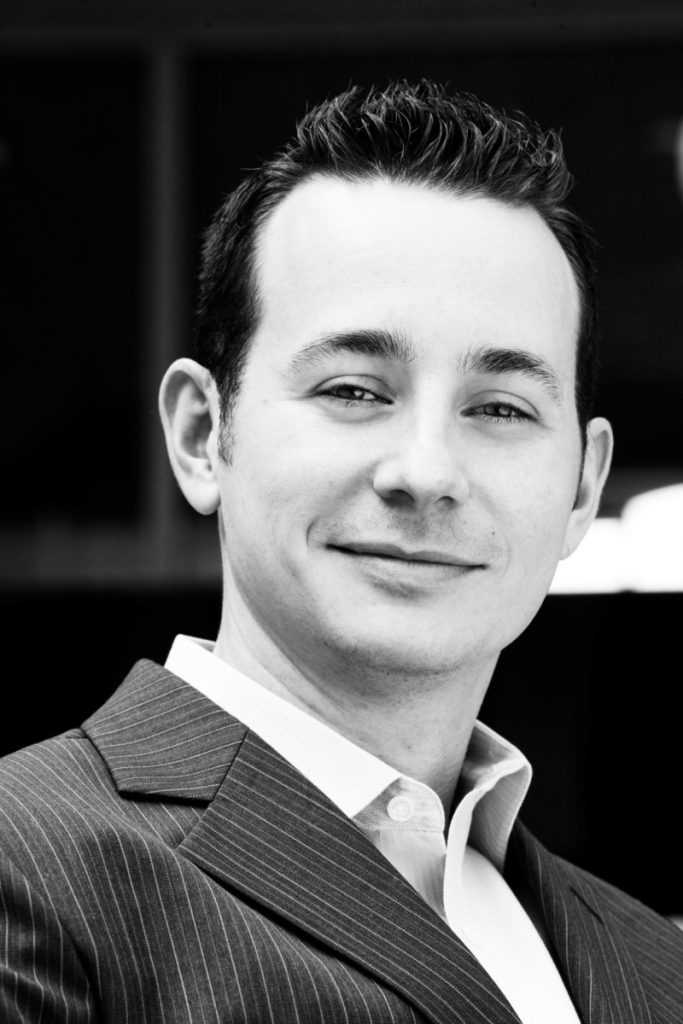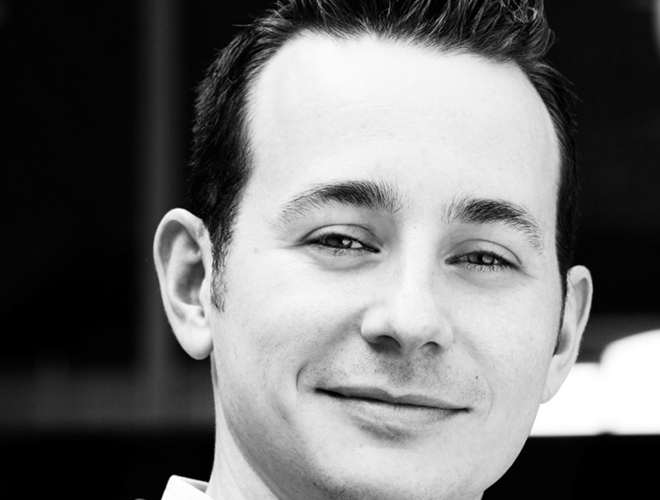
Nick Padlo joins us for a very candid conversation about addiction,
rehab, recovery, relapsing, and mindfulness. Nick is a long-time
friend, and he’s a West Point
classmate from the class of 2003. After a successful career in the
Army, he obtained an MBA from Stanford
GSB and ultimately formed a pledge fund to acquire and launch the
Pet Loss Center. He
drove the company to incredible growth.
In the midst of
all of the success he was having as an entrepreneur, he struggled
with addiction. But this isn’t a story of “entrepreneurship
drove me to addiction” rather it’s a story of how personal
struggles drove him to coping mechanisms which eventually led to
addiction that impacted his ability to run his business.
Nick ended up
going to rehab, then going again about a year later. After his
second trip to rehab, instead of going to an IOP afterward, he took a
trip to Southeast Asia to focus on something he knew he was weak at,
which is mindfulness. We spend time talking about the mindfulness
facility he attended in Cambodia, what he learned there, what it was
like on a daily basis and how it has changed his life.
You can connect with Nick Padlo here: Nick’s LinkedIn
HERE ARE SOME OF THE THINGS WE TALKED ABOUT:
- Nick shares his story of graduating from West Point, obtaining an MBA from Stanford and acquiring and growing his first business, the Pet Loss Center.
- Nick was very successful with his first business, but he was in an unhealthy place in life. He walked away from his startup in 2019 and went to rehab for the first time. After rehab he walked back into the same personal life and relapsed quickly. The relapse was far worse than the first time he needed to go to rehab.
- In our conversation Nick highlights how he made the decision to go to rehab the first time. He talks about how the first time he went to fix himself to be better for a relationship. Which wasn’t the right reason. He learned a lot of good things, but his motivation wasn’t in the right place.
- Nick goes on to talk about his motivation for attending rehab the second time. This time he decided to go solely for himself. This time it was “death or rehab” and he knew it was his last shot. He went in feeling like this was his last shot, and he was doing it for himself.
- During his second stint in rehab, he put a lot more thought into the training, education, and self-reflection because he was doing it for himself. He says that the second time he really “felt his way through it” versus the first time where he “thought his way through it.”
- Nick explains that before rehab, he never considered going to yoga, or practicing mindfulness. We talked about how we both viewed mindfulness practices as something that wasn’t for us, before we went to rehab. We also discussed what we learned about mindfulness in rehab and how that changed our views of mindfulness practices.
- After rehab, instead of going to a sober home or some other traditional after care program, Nick decided to go to Southeast Asia and dig deep on mindfulness practices. He realized that mindfulness was the thing he was weakest at, and going to a sober home and spending a little bit of time talking about all the things he learned in rehab wasn’t what he needed so he went to a place where he could do a deep dive on the thing he was weakest at, which was mindfulness.
- He made the decision to go to this mindfulness training program by asking questions like “What is it that I’m missing?” and “Where is the best place to learn that?” He realized the mindfulness was a big weakness for him, so he looked for a place to focus on mindfulness.
- Here is the program he attended: Vagabond Temple in Cambodia
- Nick walked us through a typical day at the mindfulness camp in Cambodia, and what he got out of it. We talked about the mindfulness practices, how he learned to be mindful, and what kind of diet they encouraged him to be on to amplify his mindfulness journey.
- We talked about Nick’s recovery plan now that he is back from Cambodia, and what he plans to do to remain sober now that he’s back in “the real world.”
- We talked about Nick’s future plans and how he wants to take his experience as CEO of a high growth business, his new found sobriety and his focus on mindfulness and apply those experiences to find a way to work or build something that delivers the learnings he obtained over the last few months, to others, including other entrepreneurs.
Connect with
the Stigma Podcast in the following ways: Website,
Twitter, Facebook,
LinkedIn,
Email
Connect with
host Stephen Hays here: Stephen
Hays Personal Website, Twitter,
LinkedIn,
What If Ventures (Mental Health Venture
Fund)




